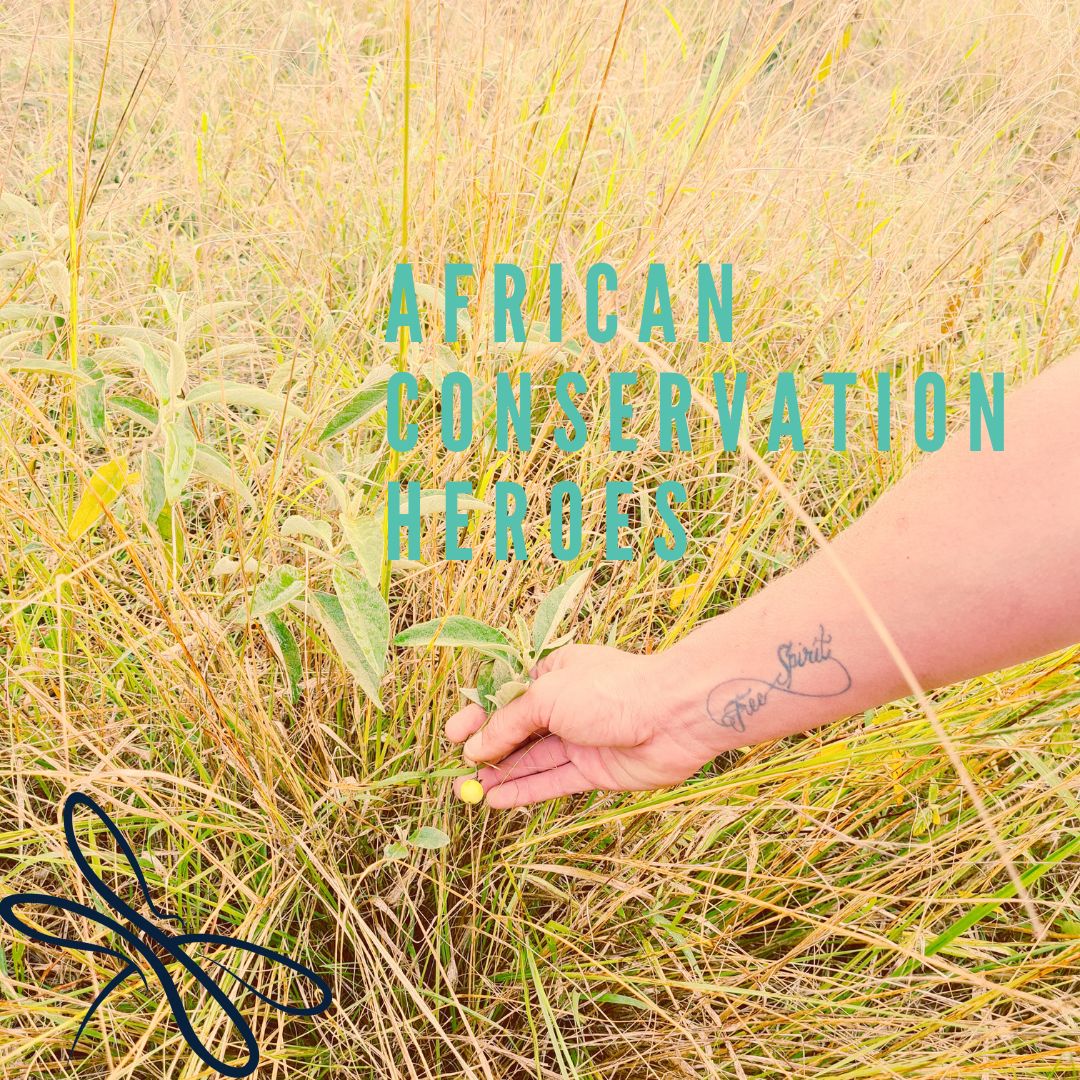Field Rangers and Guides are probably the most underappreciated of Conservation Heroes.
Without Rangers and Guides – their passion and dedication to both protecting wildlife and unlocking the power of Nature’s story for us – wildlife and wild spaces and our work towards human-wildlife coexistence on the African continent is doomed.
I am using this blog post wedged between World Conservation Day (28 July) and World Ranger Day (31 July) to highlight their incredible work.
Let’s start by unpacking what I mean by Field Rangers and Guides. Here in southern Africa, Field Rangers tend to be the thin green line between wildlife and poachers. These days many of them will focus their training on counter-poaching activities. However, these activities are not only about paramilitary style tactics in the fight against wildlife crime. Although this aspect is there and it obviously comes with the dangers you may envisage, these Rangers are the ones working with communities living adjacent to protected spaces on preventative measures such as responding to human wildlife conflict incidents and collaborating on human wildlife conflict mitigation tools. Rangers don’t just need to be able to defend themselves and the wildlife they are guarding, they need to understand the wildlife, the bush, how the ecosystem functions, the community dynamics and so much more.
Field Guides are the Rangers who lead you into the wilds on your safari adventure. These incredible humans are the ones with an innate creative ability to interpret and articulate what is going on in the African bush. Yes, you see it through their eyes, but more than that, you experience it authentically for yourself. Guides need all the same knowledge, skills and experience as Rangers. More than that they need phenomenal people skills to deliver that outstanding, authentic guest experience. Guides are this killer combination of boots-on-the-ground conservation work and that authentic African tourism experience.
Consider that any fancy lodge you visit for your African safari has elements you can find anyway – luxury sheets with a high thread count, Michelin-star chef, gym, spa treatments and so on. All these things can be replicated in any tourism setting. What you cannot replicate is the iconic- wilds-of-Africa story as shared by your Field Guide, with their intimate connection to this landscape helping you to unlock its wisdom and beauty. When done right and if you are open to this Nature connection, these sorts of authentic safaris can be the most visceral of experiences that stay with you a lifetime.
I started this post by saying that Field Rangers and Guides are underappreciated. Let me elaborate. Their work life can be gruelling and harsh, their wages and employment benefits meagre. The conservation juggernaut can often lose sight of the beyond-words value Rangers and Guides provide. They spend a lot of time away from their loved ones and all that goes along with a settled life. There is also the element of danger and risk to consider. Why would anyone do this? I am not sure I can answer that adequately but from my observations over the years, I would say they sense there is something worth protecting here and potentially giving their lives for. We owe them a debt that can never really be repaid.
I have many treasured memories of time spent in the southern African wilds. Growing up with an innate curiosity for all things Nature, every encounter with a Field Guide or Field Ranger was a source of wonder and joy for me. Their ability to interpret what I was seeing, hearing and smelling was awe-inspiring. These formative experiences ignited a spark for me which has become my all-encompassing drive to live a life immersed in wildlife conservation.
Moments that stand out for me as I write are Kruger Wilderness Trails with the likes of Scott Ronaldson, Christiaan Bakkes, Brian Havemann and Frank Watts. Dave Rushworth, Hoedspruit legend, taught me how to tune into the bush and its rhythms and so much of what I know about identifying birds of prey I learned under his careful tutelage.
Since then I have had the privilege of working alongside many of these Conservation Heroes. In the Kgalagadi and in the Okavango Delta these Rangers and Guides also brought a deep connection to this wild space through their ancestral heritage. This played out in a significant way in their ability to read Nature’s signs and in their bush storytelling.
It is brilliant to see more women in this space too. From the legendary first female Ranger in Kruger National Park, Vanessa Strydom, to the all-female anti-poaching unit, the Black Mambas, all across Africa now there are accounts of females holding their own as Conservation Heroes. The FGASA Safari Guide of the Year 2023 is female, a first for this particular award.
Then there is Graham Adams. Graham is an incredibly important human in my life and having his insight into the life of a Field Ranger and Guide has brought home to me in a powerful way the challenges these Conservation Heroes face. What I appreciate about Graham is his humility, he would never call himself a hero. I also appreciate his grit and determination to leave a conservation legacy in his home province of KwaZulu Natal. I respect and admire his bushcraft as well as his openness to learning whatever the next big lesson Nature might bring. I am so excited to see where his Conservation Journey takes him next.
So this World Ranger Day I am showing some appreciation to Field Rangers and Guides. For all your tireless efforts, your resilience, your passionate dedication to this most worthwhile of causes – a thriving future for human-wildlife coexistence in these most iconic of wild spaces across Africa, my gratitude is beyond expression.
And, Graham, you are my Conservation Hero.

